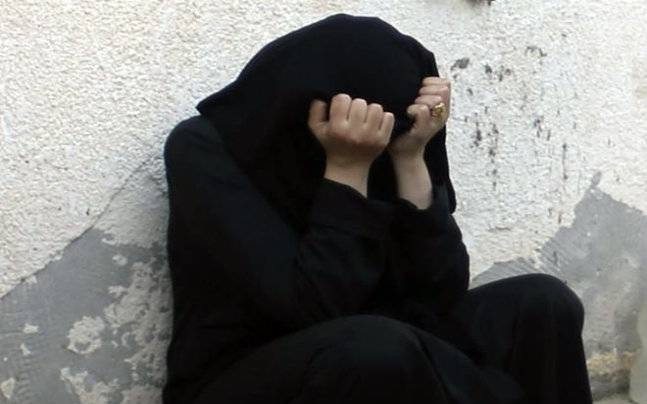While much of the dust has been cleared on the triple talaq issue, the concept of halala still continues to be shrouded in confusion. It is shocking that Muslims are treating halala as a means of fulfilling their immoral imputes, giving it a derogatory connotation.

Representational image. Courtesy: satyavaijayi
In Islam, ‘Halala’ is a term that finds its roots in ‘Halal’ that translates to something that is permissible, and therefore ‘lawful’. In context of marriage then, it means that a divorced woman can become ‘Halal’ (lawful) for her husband again after the process of Nikah Halala.
Islam dictates that a Muslim man has the liberty to divorce and remarry the same woman twice. However, if he decides to dissolve the marriage for the third time, he can only remarry the same woman if she first marries another man, consummates the marriage and only if the man dies or willingly asks for divorce, can the woman go back to her first husband and remarry him.
Once the wife is divorced she becomes haram (forbidden for the husband).it is a highly erroneous belief that if she wants to remarry the earlier husband she will have to consummate her marriage with another man and then get a divorce from him to become eligible to join her former husband. This is not an issue of how you debate or argue a case to make it a perfect crime. It is a matter of one’s spiritual intention. it is a matter of one’s connection with the Supreme. Halala is actually a provision which allows a woman to remarry a husband if such circumstances occur in the normal course and are not pre-engineered. The Qur’an visualizes pre-ordained marriages between the estranged couple while laying down this stipulation.
What is being talked of today are pre-planned halala marriages to circumvent the Islamic law of talaq.
What is being talked of today are pre-planned Halala marriages to circumvent the Islamic law of talaq.
The Qur’an expounds:
A man is entitled to take his wife back twice after two respective talaqs and for a third time also before the expiry of her Iddat (menstrual cycles) after he gives her a talaq for the third time. But after that the separation is irrevocable. She is then free to be married to any other person of her choice. If then in the normal course of life a dispute between them develops leading to first talaq by the second husband, she is again free to be married to any person of her choice including the second husband (by whom she has got the first divorce) and also including the first husband as well.
The relevant point here is that a halala cannot be planned in advance, as a nikah between her and the second husband with an understanding of a divorce afterwards will not be valid. If she does so, it will be an illegitimate relationship with the second husband and with the first husband also with whom she comes to live after a pre-planned halala.
Imam Sufian Sauri says: “If someone marries a woman to make her halala (for her ex-husband) and then wants to keep her as wife, he is not permitted to do so unless he solemnises a nikah afresh, as the previous nikah was unlawful.” (Tirmizi)
The distorted interpretation is used as a ploy to circumvent the Shariah which is not just emphatic on this rule but is very stringent about it.”
In his ‘Marriage, Divorce and Re-Marriage (Halala) in Islam’, Zafar Iqbal Kalanauri elaborates this theology:
“There is no concept of halala in Islam. This is something that has been made by some Muslims and unfortunately is now seen as part of the Shariah by some Muslims. The rule of the Holy Quran is that if a man divorces his wife for the third time in one marriage contract, then the wife cannot go back to the man unless she (genuinely) marries another man and then (genuinely) is divorced by that man… this rule should not be dealt with by pre-planned marriage and divorce.”
Prophet Muhammad declared halala as profane, Caliph Umar considered it worth stoning, and Caliph Usman considered it devoid of the trait of the nikah (marriage contract).
There are two Hadiths (sayings of Prophet Muhammad):
Article 25 of the Indian constitution speaks of religious freedom. It begins with the words, “Subject to morality, health and public order, and all other fundamental rights, people shall have freedom of religion.”
Conditions come first; parameters come first, permission comes later.
The Article does not say that everybody will have unrestricted freedom of religion or what he believes to be freedom. It begins with, “Subject to.…” Other provisions mean right to equality, equality before law, gender justice, etc. It is subservient to other articles within this part. If there is a conflict, other provisions prevail.
Thus halala marriage is thus just not immoral; it is against the national laws.
Moin Qazi is the author of the bestselling book, Village Diary of a Heretic Banker. He has worked in the development finance sector for almost four decades .
This article was first published on New Age Islam.
